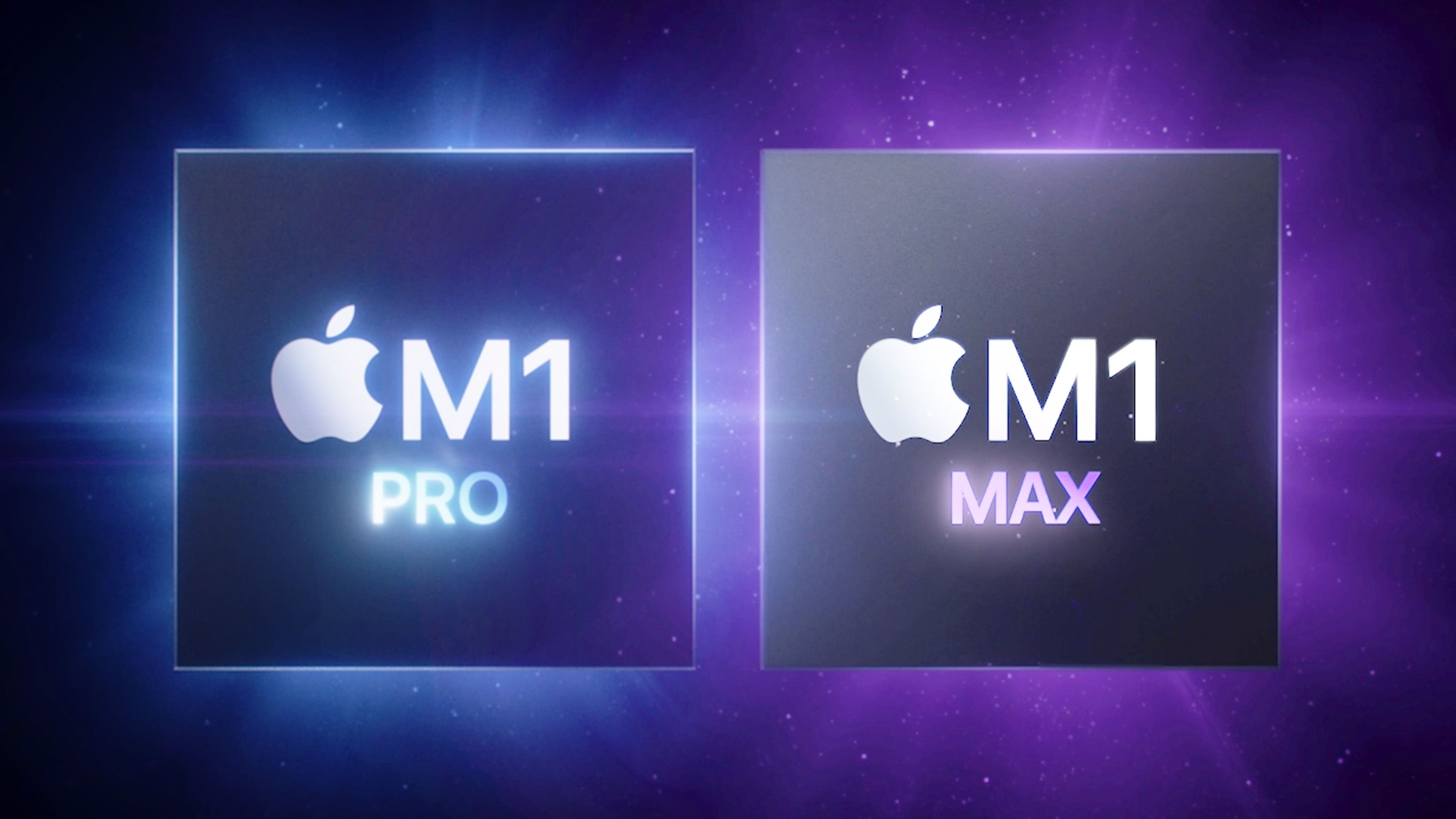Apple's M1 Pro, M1 Max SoCs Investigated: New Performance and Efficiency Heights
A lot of people in the HPC audience were extremely intrigued to see a chip with such massive bandwidth – not because they care about GPU or other offload engines of the SoC, but because the possibility of the CPUs being able to have access to such immense bandwidth, something that otherwise is only possible to achieve on larger server-class CPUs that cost a multitude of what the new MacBook Pros are sold at. It was also one of the first things I tested out – to see exactly just how much bandwidth the CPU cores have access to.
Unfortunately, the news here isn’t the best case-scenario that we hoped for, as the M1 Max isn’t able to fully saturate the SoC bandwidth from just the CPU side...
A fourth thread lands us at 224GB/s and this appears to be the limit on the SoC fabric that the CPUs are able to achieve, as adding additional cores and threads beyond this point does not increase the bandwidth to DRAM at all. It’s only when the E-cores, which are in their own cluster, are added in, when the bandwidth is able to jump up again, to a maximum of 243GB/s.
While 243GB/s is massive, and overshadows any other design in the industry, it’s still quite far from the 409GB/s the chip is capable of. More importantly for the M1 Max, it’s only slightly higher than the 204GB/s limit of the M1 Pro, so from a CPU-only workload perspective, it doesn’t appear to make sense to get the Max if one is focused just on CPU bandwidth.
https://www.anandtech.com/show/17024/apple-m1-max-performance-review/2
The M1 Max only gets 39GB/s more memory bandwidth from the CPU side than the M1 Pro? That's really disappointing.



